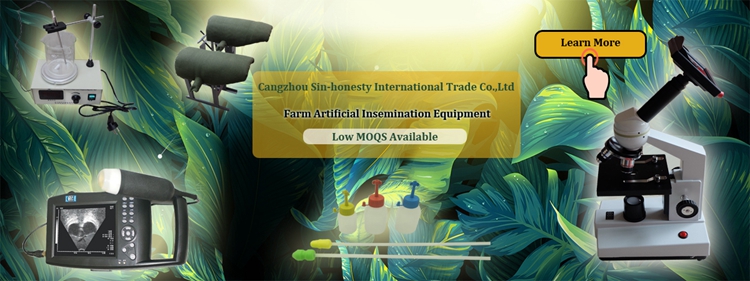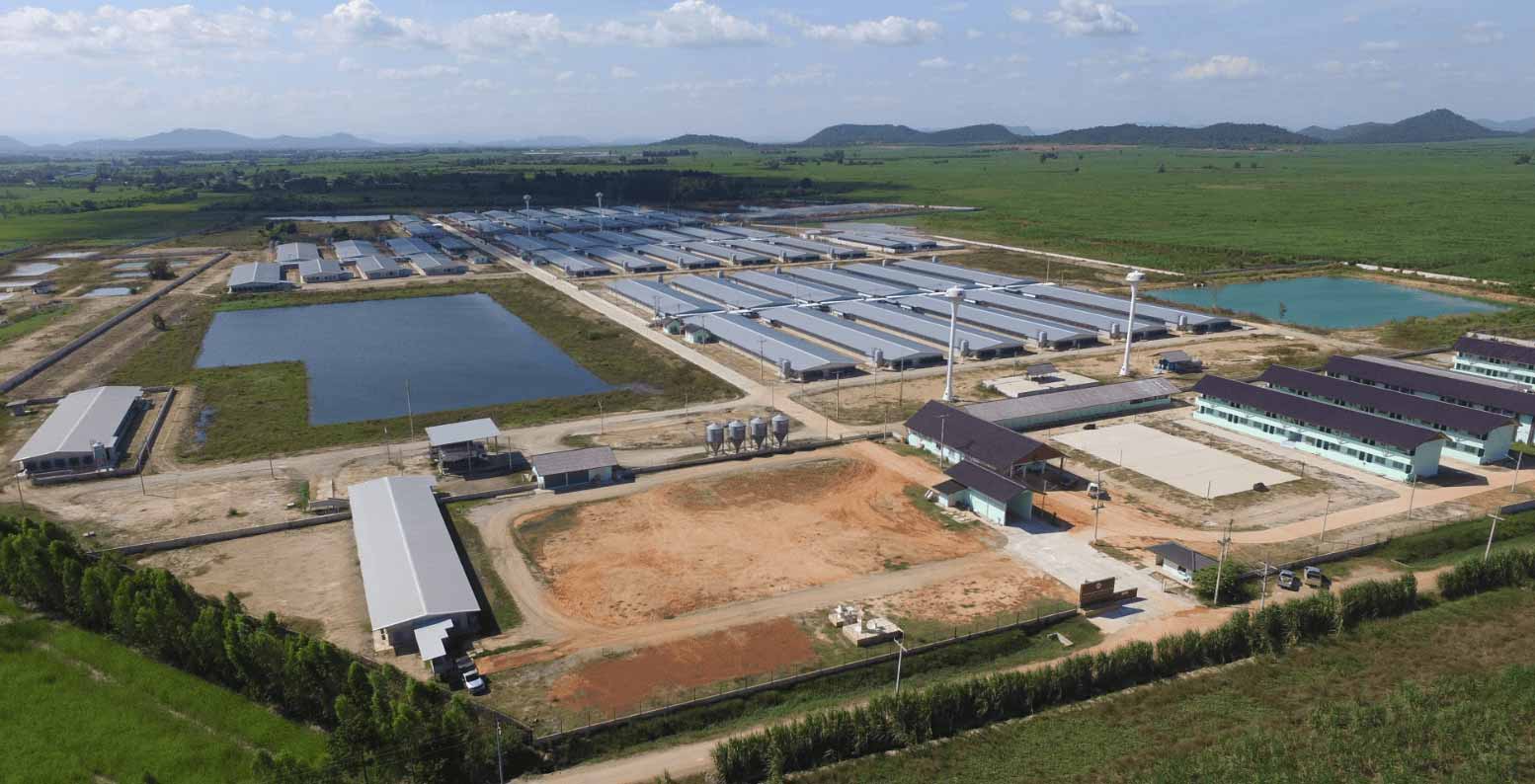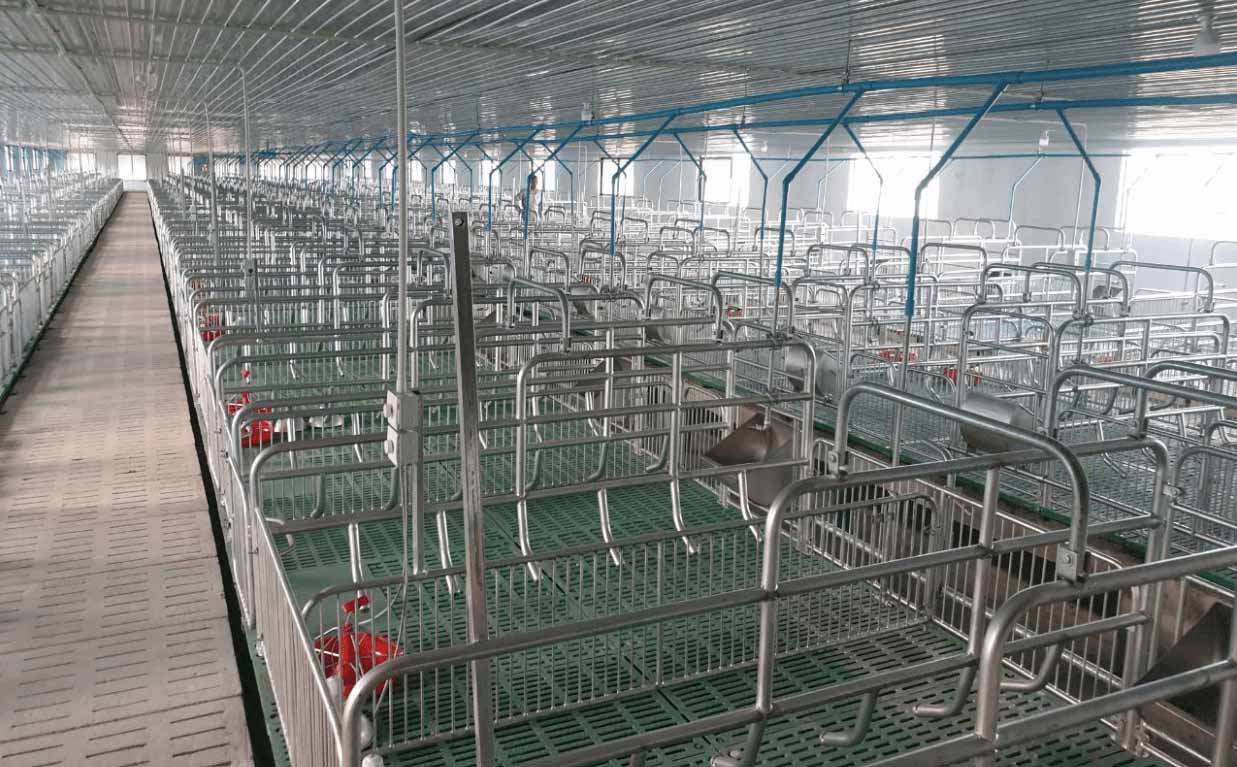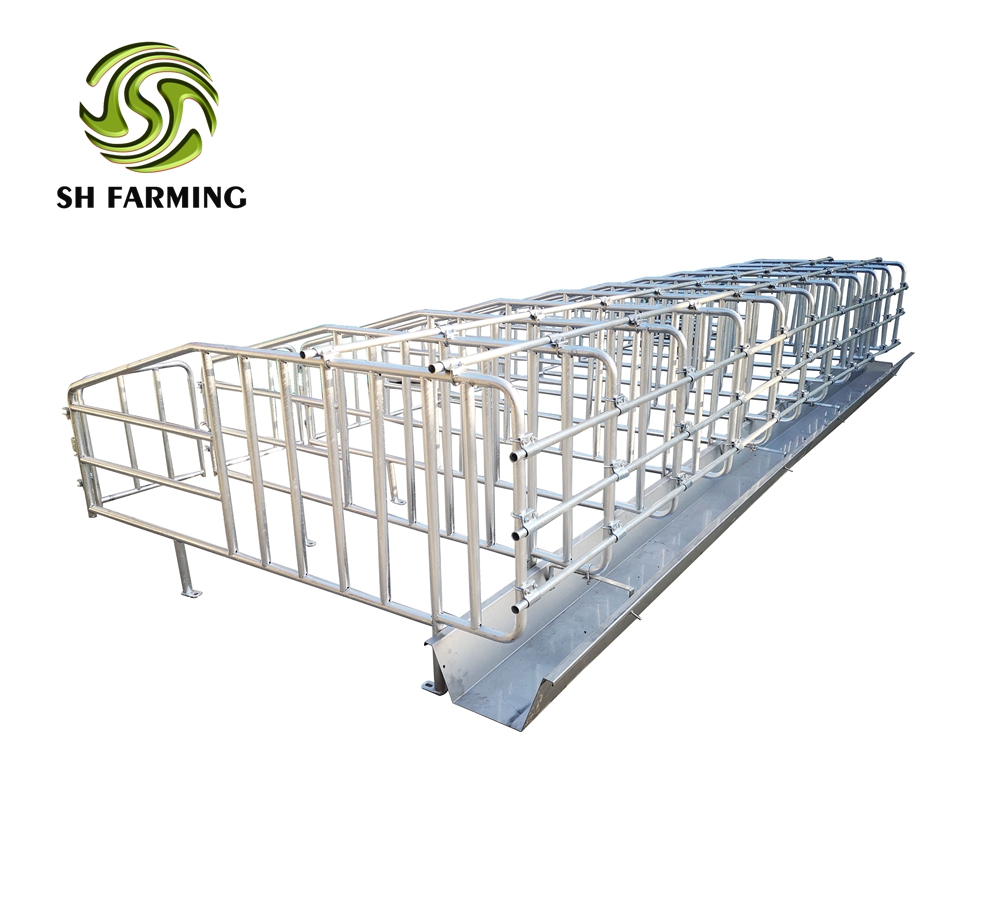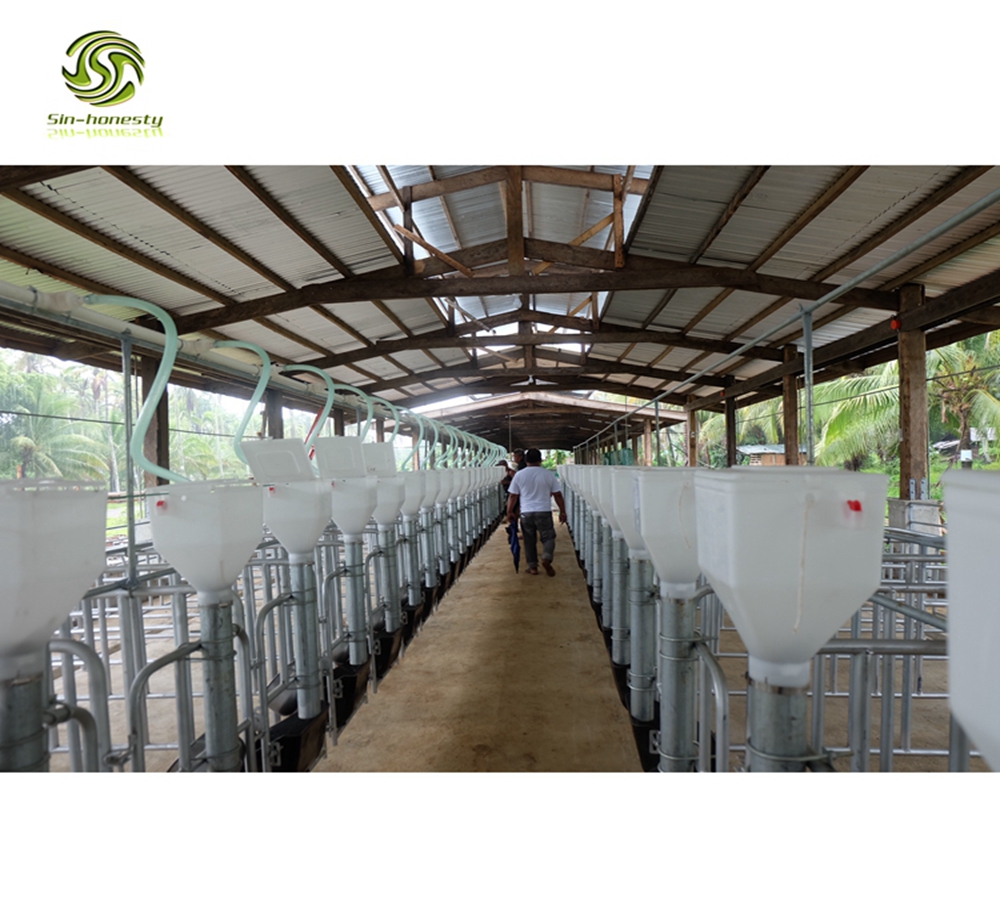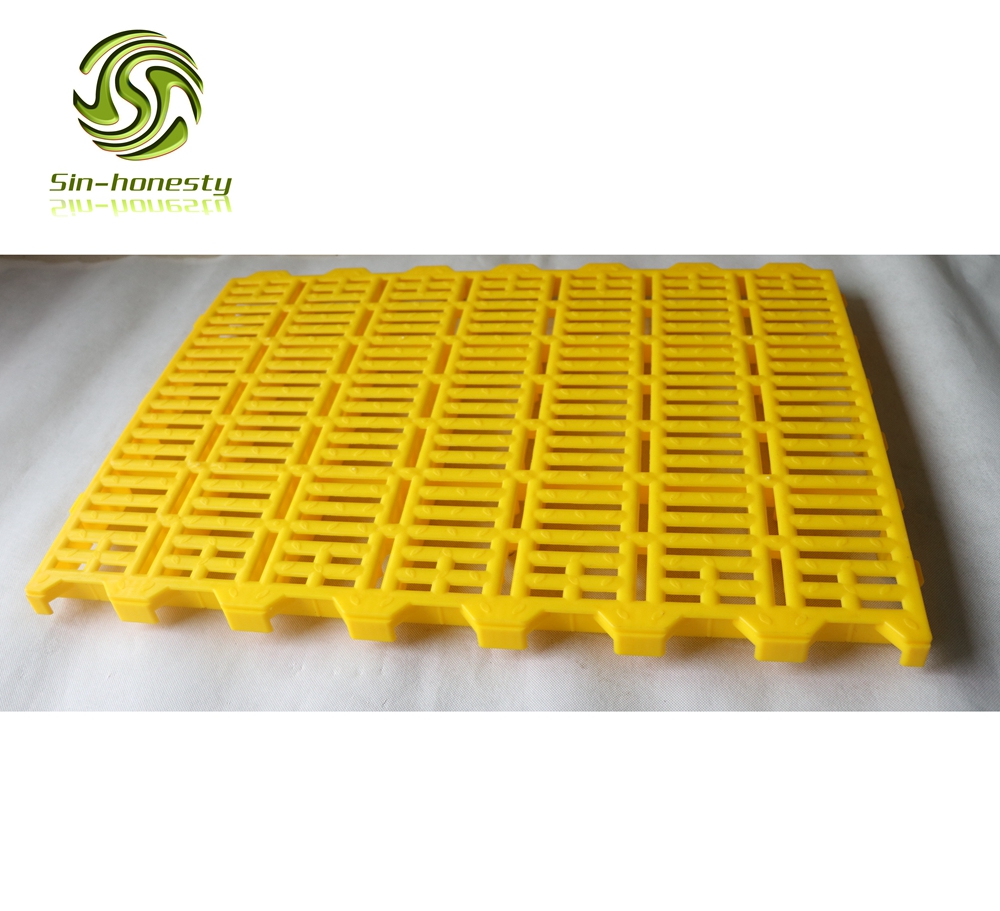Farm Artificial Insemination Equipment
Apr. 09, 2019
Introduction of farm artificial insemination equipment
Artificial insemination (AI) of swine is widely practiced in countries with intensive pig production. Tn Western Europe, more than 90% of the sows have been bred by AI for more than two decades (Gerrits et al., 2005; Vyt, 2007). When compared with natural mating, AI is a very useful tool to introduce superior genes into sow herds, with a minimal risk of disease (Maes et alv 2008). When compared with natural mating, AI is a very useful tool to introduce superior genes into sow herds, with a minimal risk of disease (Maes et alv 2008). The outcome of AI largely depends on the semen quality and the insemination procedure.
In practice, fresh diluted semen for intracervical insemination is mostly used in pigs. Semen is obtained from boars on farms or from specialised Al-centres. The latter offer a diversity of breeds and genetic lines and distribute ready-to-use semen doses of constant quality to different sow herds. Three important aspects should be considered. Firstly, only semen from healthy boars should be used, as diseased boars may ejaculate semen that is contaminated with pathogens. The semen from commercial Al-centres is shipped to a large number of sow farms.
Contaminated semen could therefore lead to a rapid transmission of pathogens and to disease outbreaks in many different sow herds. Strict regulations and guidelines to prevent disease spreading are therefore implemented on porcine Al-centres. The second important aspect is the fertilizing capacity of the produced semen doses. Tlie fertilizing potential of a semen dose is inherently linked to the quality of the spermatozoa itself (Tsakmakidis et alv 2010). Examination of the ejaculates is therefore necessary. A third important aspect of AT- centres is the semen processing procedure (Waberski et alt/ 2008). This is not only important to guarantee a low microbial presence but even more to obtain high quality sperm, namely viable spermatozoa in ready-to-use semen doses that can be used for several days.
The dilution procedure and semen handling, the properties of the extender and the micro environment for the sperm cells influence the survival and longevity of the spermatozoa.The present chapter will review and critically discuss the different steps during the entire AI procedure in pigs, starting from the semen collection, dilution and processing, methods and technologies used to assess the semen quality, the storage conditions and the characteristics of the semen extenders that are required to maintain semen quality. A last part will focus on the different AI strategies.
